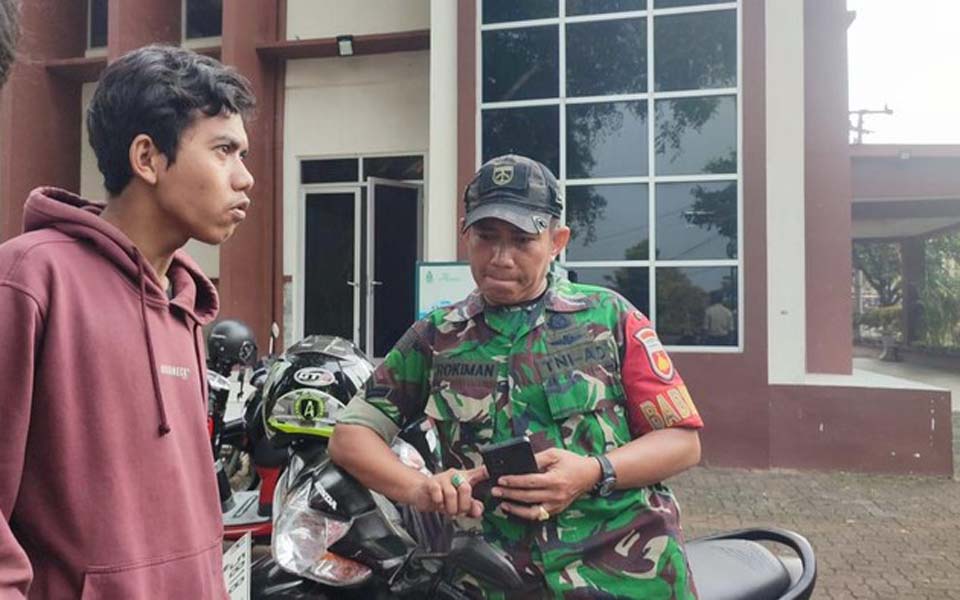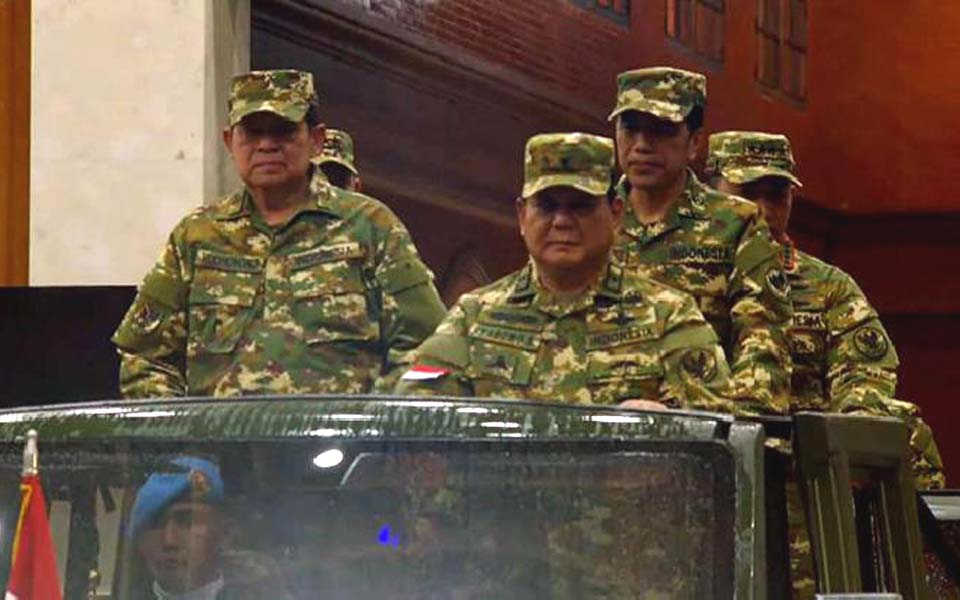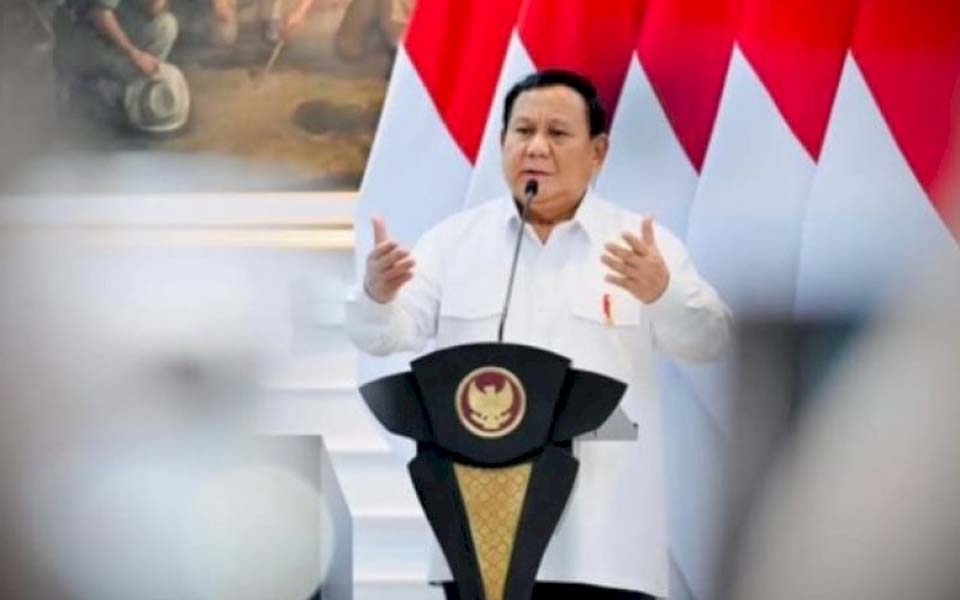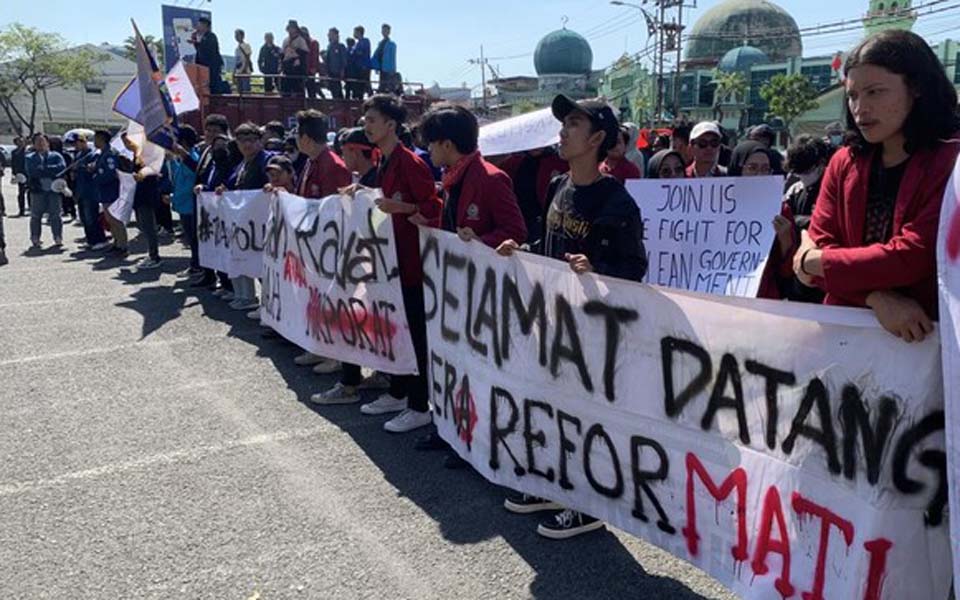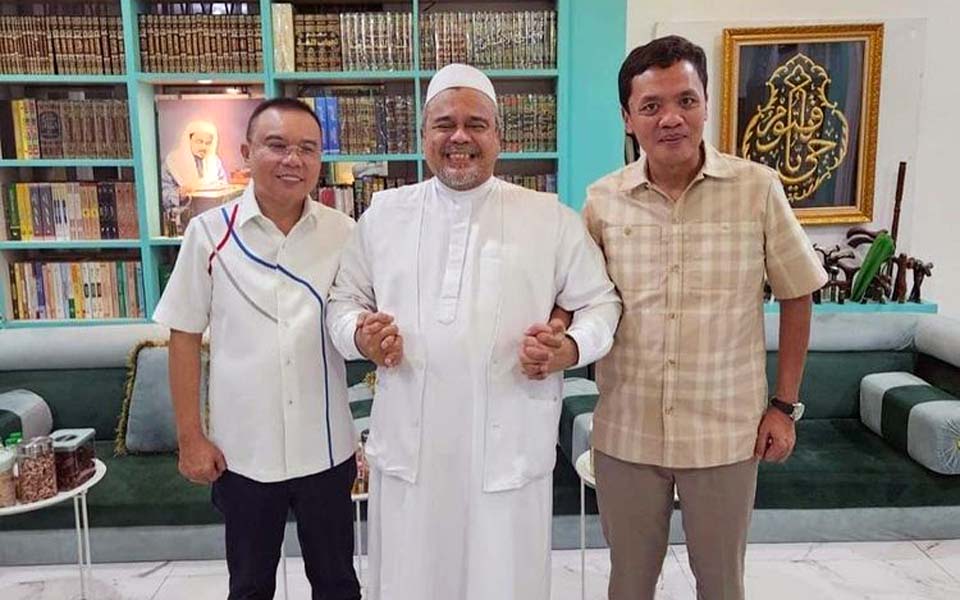Irfan Kamil, Jakarta – Amnesty International Indonesia Executive Director Usman Hamid says that the government's decree banning, disbanding and halting all organisational activities by the Islamic Defenders Front (FPI) has the potential to discriminate against and violate the right of association.
The FPI was banned and a halt placed on all its activities in a Joint Ministerial Degree (KSB) on the Prohibition of Activities, the Use of Symbols and Attributes and Stopping the Activities of the FPI.
The decree was signed by Home Affairs Minister (Mendagri) Tito Karnavian, Justice and Human Rights Minister (Menkumham) Yasonna Laoly, Communication and Information Technology Minister (Menkominfo) Johnny G Plate, Indonesian Police Chief (Kapolri) General Idham Azis, Attorney General ST Burhanuddin and National Counterterrorism Agency (BNPT) head Boy Rafly Amar.
"This decree has the potential to discriminate against and violate the right of association and expression and will further undermine civil freedoms in Indonesia", said Hamid in a press released received by Kompas.com on Wednesday December 30.
Hamid believes that the decree was able to be issued because of stipulations under Government Regulation in Lieu of Law (Perppu) Number 2/2017 on Social and Mass Organisations which was later accepted by the House of Representatives and ratified as the Law on Social and Mass Organisations.
Nevertheless, according to Hamid the decree is regrettable because it sidesteps the procedural laws on the banning and disbanding of social or mass organisations (ormas) by abolishing the mechanism of first issuing a warning and a court examination.
"This law is problematic and must be changed. According to international law an organisation can only be banned or disbanded after there is a ruling by a court which is independent and neutral", said Hamid.
The government, according to Hamid, should not make unilateral and arbitrary decisions and instead prioritise a legal approach and the use of the courts.
For example, said Hamid, by pursuing legal proceedings against leaders and members of the FPI alleged to be involved in crimes, including hate speech and incitement to violence based on religion, race, national origin and minority gender as obliged by the state.
"It is understandable that there are elements of society who oppose intolerance and hate speech based on religion, race or national origin which are often expressed by FPI leaders and members", said Hamid.
"But we must be aware that the law, which protects an organisation from unilateral and arbitrary actions by the state, is the same law that protects human rights", he said.
Because of this therefore, Hamid believes that the mechanisms need to be improved. Amnesty is proposing that the government formulate mechanisms which are more just and in accordance with the standards of international law.
"Including banning and disbanding an organisation through an independent court", said Hamid.
[Translated by James Balowski. The original title of the article was "Pemerintah Larang FPI Secara Sepihak, Amnesty Nilai Berpotensi Menggerus Kebebasan Sipil".]






